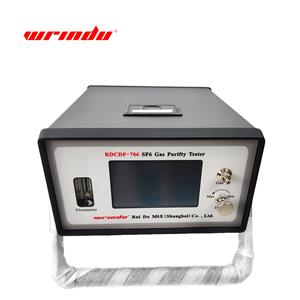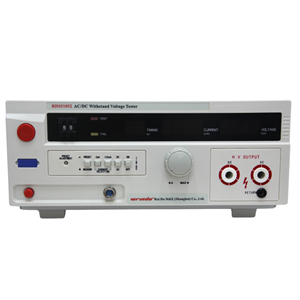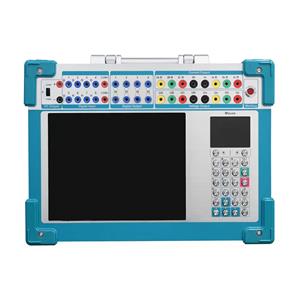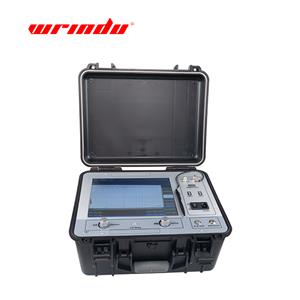Why is the power factor not as high as possible, but around 0.9 is best?
The size of the power factor is related to the nature of the circuit load. For example, the power factor of resistive loads such as incandescent bulbs and resistance furnaces is; generally, the power factor of inductive loads is less than 1; the power factor of capacitive loads is greater than 1; the power factor reflects the ratio of electricity that does useful work to the total electricity.
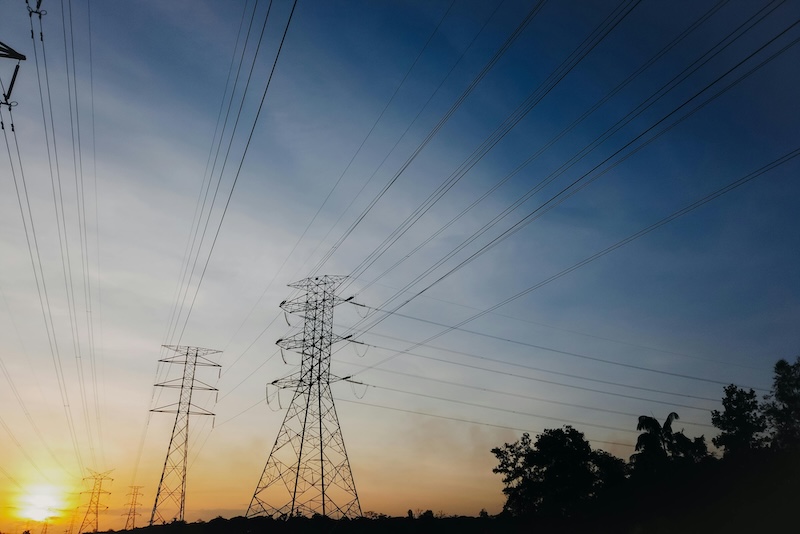
Power factor (power factor) - In an AC circuit, the cosine of the phase difference (Φ) between voltage and current is called power factor, which is represented by the symbol cosine. In terms of numerical value, power factor is the ratio of active power to apparent power, that is, the correct name should be high or low. Of course, the higher the better. When the active power is constant, the reactive power is less when the power factor is high, and vice versa. For example, when the power factor is 0.8, the active power is 8kw and the reactive power is 6kvar. If the power is more about the question of whether a large or small power factor is better.
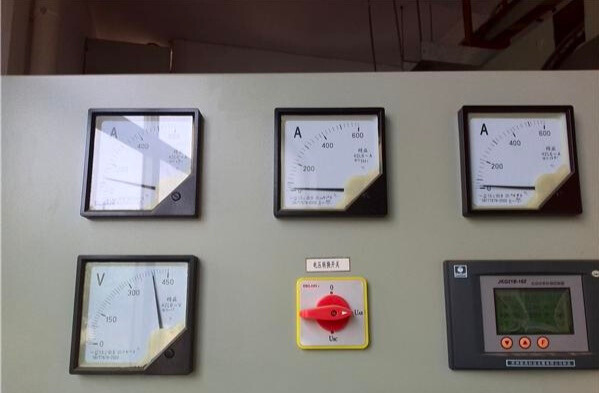
1. Why is the power factor not as high as possible, but around 0.9 is best?
Is it better to have a large power factor or a small power factor? A brief discussion on the power factor in low-voltage distribution networks. In the operation of the power grid, we hope that the power factor is as large as possible, otherwise the following will occur. Therefore, in order to improve the power system.
Inductive (motor) loads consume reactive energy as well as active energy. Although reactive energy is charged, the power grid needs to increase the transmission of reactive current, and circuit losses also increase.
2. Is the larger the power factor, the better? Is the larger the UPS power factor, the better?
UPS claims to have a high power factor, and suppliers also say that the higher the factor, the better, so manufacturers try their best to improve this factor. Is it better for UPS to have a higher power factor or a lower one? UPS has two power factor values: small capacity, which is easier to deal with, such as buying a 100kVA instead of a 150kVA, or a 200kVA instead of a 300kVA.
3. Is the "power factor" better if it is higher or lower? Or is it best around which value?
Of course, the higher the power factor, the better, but no matter how high it is, it can only be ≤1. The closer to 1, the better. The higher the useful work. For example, a generator with a capacity of 400KVA and a power factor of 0.8 can only output 320KW of power. If the power is more about whether a large or small power factor is better.
4. Is the reactive power as large as possible?
The reactive power of a general enterprise is of course as small as possible, because the power bureau needs to assess the power factor. If the power factor of the enterprise is too low, that is, the reactive power cannot be too large: so many enterprises have reactive power compensation devices. Of course, reactive power is more about whether the power factor is large or small.
There is no big or small, as long as it is suitable. Some household appliances must have high power, but if they are the same household appliances, the greater the power, the greater the power consumption, and at the same time, the greater the power, the greater the risk of fire. More about whether the power factor is large or small.

